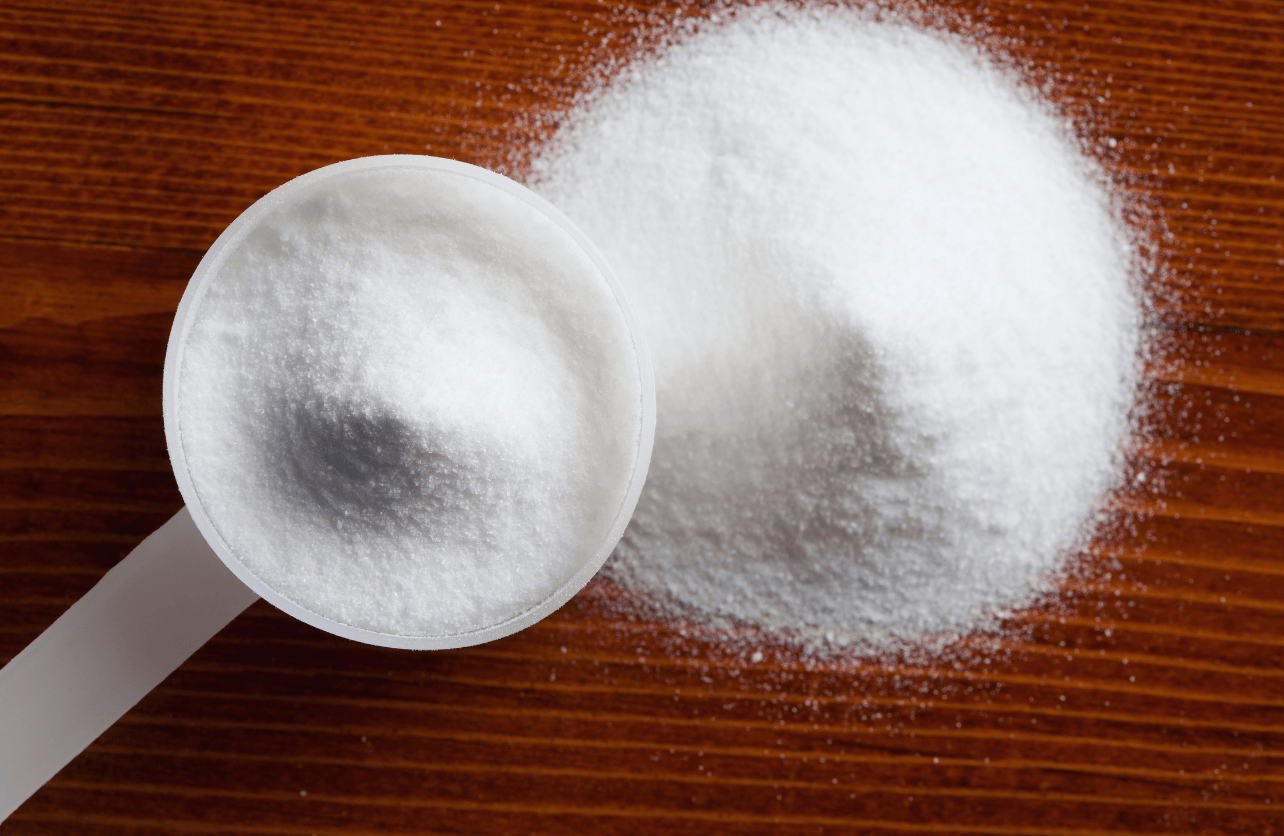Should You Take Creatine If You’re Not Working Out?

If you’ve already incorporated creatine into your routine—or at least read up on its athletic and muscular benefits—you might be wondering what happens if you continue taking it during breaks from training, or even while living a mostly sedentary lifestyle.
Is there any point in it without the workouts? Or does it just sit in your system doing nothing?
Surprisingly, there are still a few reasons someone might supplement with creatine even when they’re not training. But as you might expect, the benefits shift when physical exertion is off the table.
You’ll Still See Some Physical Effects—But Not Muscle Growth
Creatine doesn’t magically build muscle on its own. Without training stimulus, your muscles aren’t going to grow, no matter how saturated your creatine stores are. That said, many people still notice some degree of muscle fullness from increased water retention inside muscle cells. This won’t translate into strength or size gains, but it might give you a slightly “puffed” look, especially in larger muscle groups.
If you’re using creatine primarily for physique goals, it’s best paired with consistent resistance training. Otherwise, don’t expect body composition changes just from the supplement itself.
The Cognitive Benefits May Still Be in Play
Where creatine becomes interesting off the gym floor is its potential cognitive impact. Research has suggested that creatine supplementation may support brain energy metabolism, particularly during periods of stress, sleep deprivation, or mental fatigue.
Some small studies have linked it to improvements in working memory, reaction time, and overall cognitive function, particularly in individuals with low baseline creatine levels (such as vegetarians or older adults). So, if you’re not working out but are looking for a nootropic edge—or you’re feeling burned out—creatine could still be useful.
It’s not a stimulant, so don’t expect a sudden jolt of mental energy. But over time, it may help with mental clarity, especially during demanding cognitive tasks or periods of poor sleep.
Energy Production Continues in the Background
Your body doesn’t stop producing or using ATP just because you’re skipping workouts. Every system in your body—muscles, brain, organs—relies on efficient energy turnover. Creatine still plays a role in buffering and replenishing ATP, even during basic daily activities.
If you’re moving through a low-activity phase (say, recovering from injury or dealing with a heavy workload), creatine may help you feel a bit more resilient throughout the day. Again, it’s subtle—but not irrelevant.
No Training, No Synergy
The one thing you definitely miss out on is creatine’s well-documented synergy with resistance training. That’s where its value really shines: supporting explosive energy output, improving recovery, and helping you push harder and longer in the gym.
Without that physical stimulus, you’re missing the mechanism that turns creatine’s energy potential into muscular adaptation. So while the supplement isn’t wasted, it’s not being used to its full advantage either.
If you’re taking a short break from training, continuing creatine may help you maintain saturation for when you resume. But if you’ve stopped working out indefinitely and aren’t focused on any specific physical or mental goals, there’s no urgency to stay on it.
It’s Still Safe—But Don’t Expect Much Physically
Even without workouts, creatine remains safe and well-tolerated for most people when used in the standard 3–5 gram daily dose. You might notice a bit of water weight, and some people experience minor digestive discomfort at first, but side effects are typically mild.
If you have kidney issues or take medications that impact renal function, you should still check in with a healthcare provider before continuing long-term use—especially if your activity levels are low.
Bottom Line
If you’re not working out, creatine isn’t useless—but its role definitely shifts. You won’t build muscle or get stronger just by taking it. However, the potential cognitive support and energy regulation effects could still make it worthwhile—particularly for people under mental stress or those on lower-protein diets.
Ultimately, it comes down to your goals. If you’re just pausing your workouts and plan to get back to it soon, it makes sense to keep your creatine routine intact. But if you’re out of the training game indefinitely, it’s okay to pause and reintroduce it when you’re ready to put it to work again.
Building a Stronger You
Supplement Institute is the fruit of extensive online publishing experience, spanning the breadth of SEO strategies to the nuances of paid advertisements. Our journey, marked by significant achievements and learning moments, inspires our core mission: to empower our readers with an abundance of information. By sharing insights and key learnings, we aim to provide you with the knowledge needed to navigate the complex world of supplements, helping you make well-informed decisions for your health and well-being. Welcome to Supplement Institute, where information is your greatest supplement.